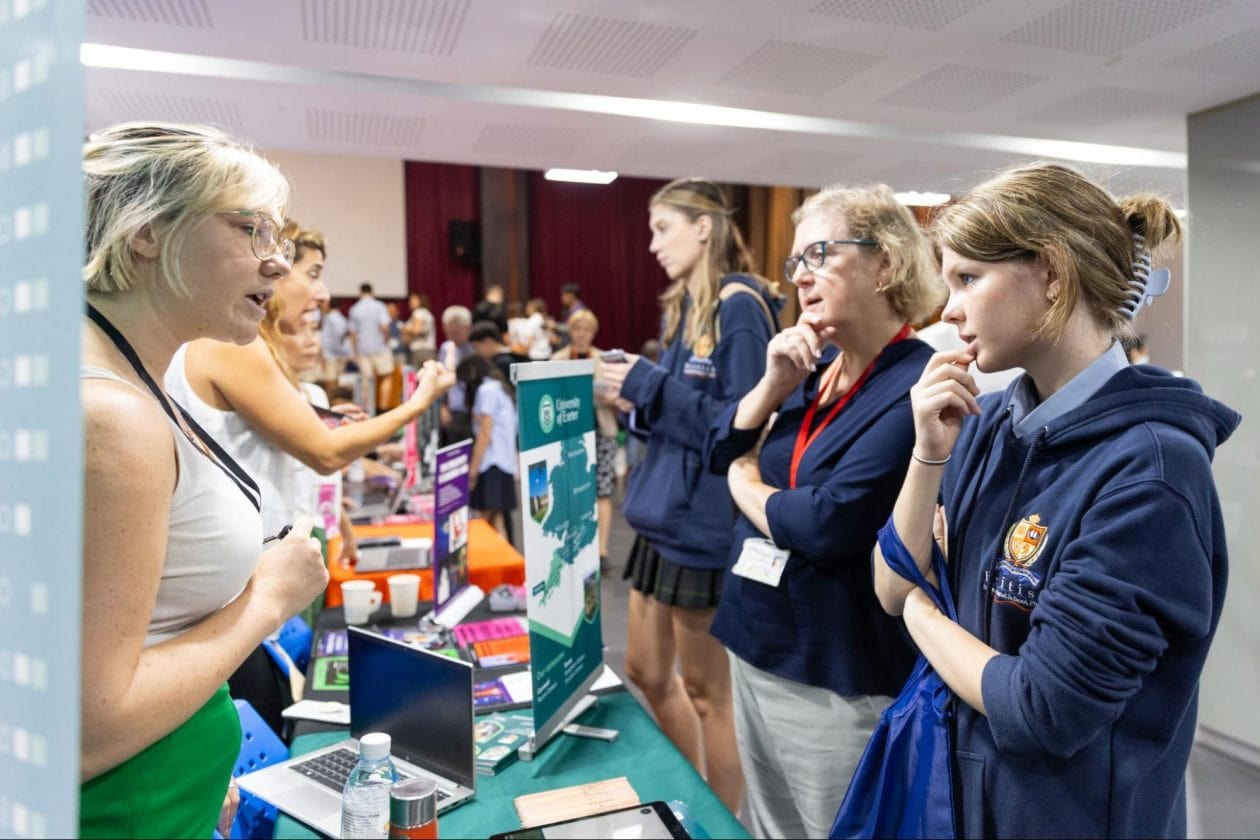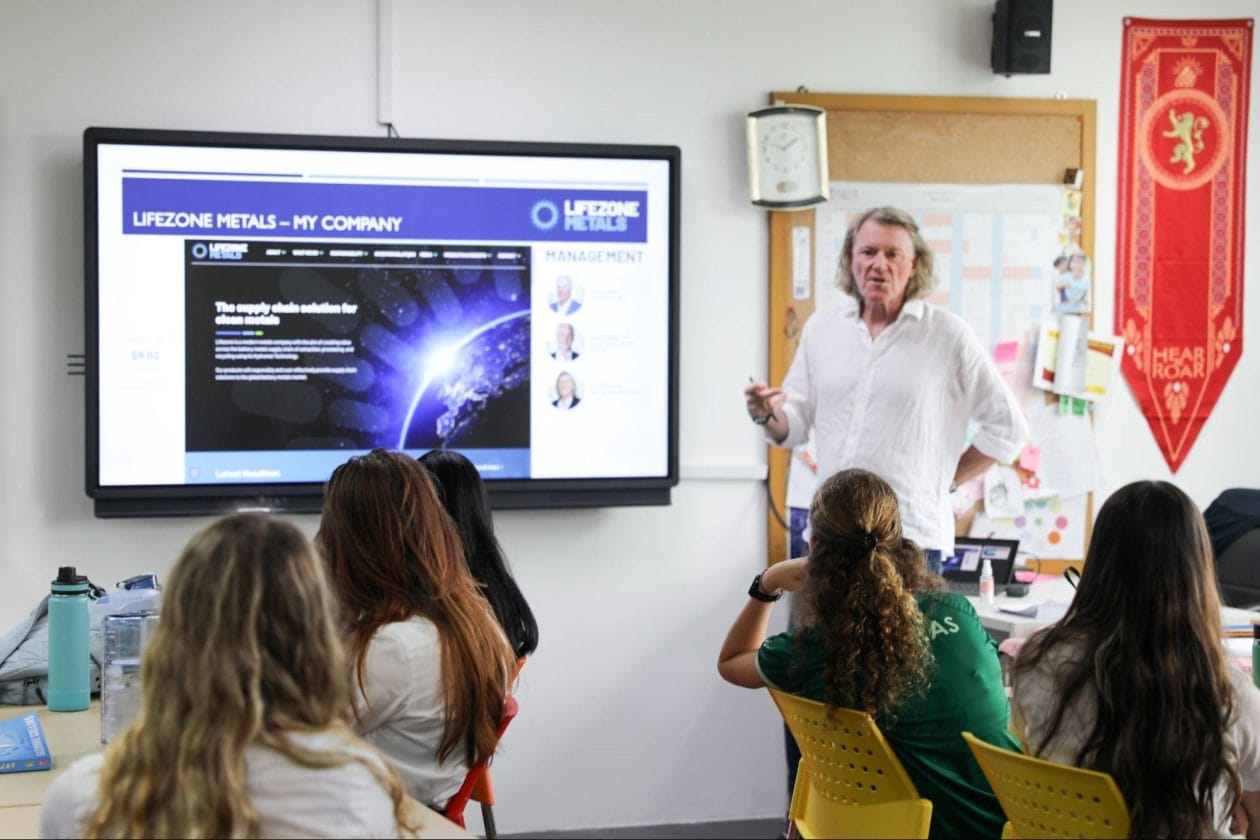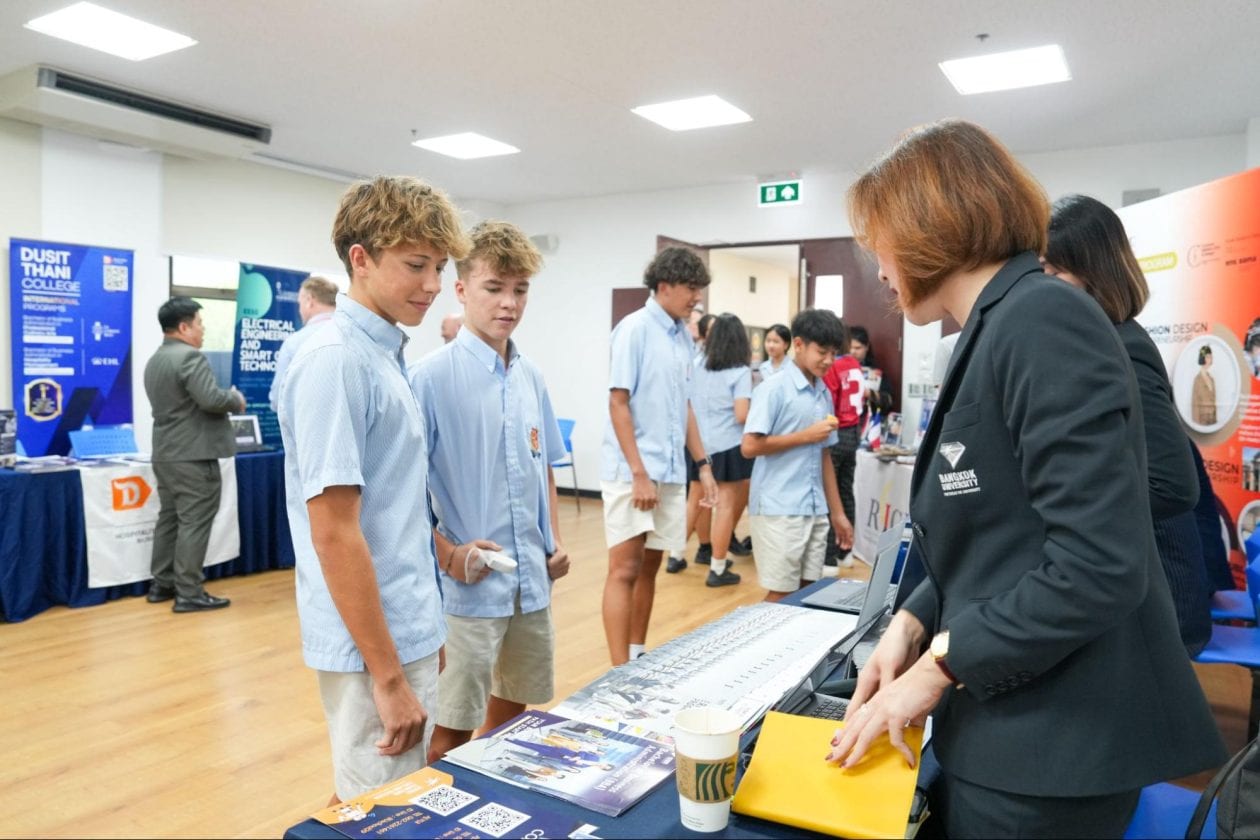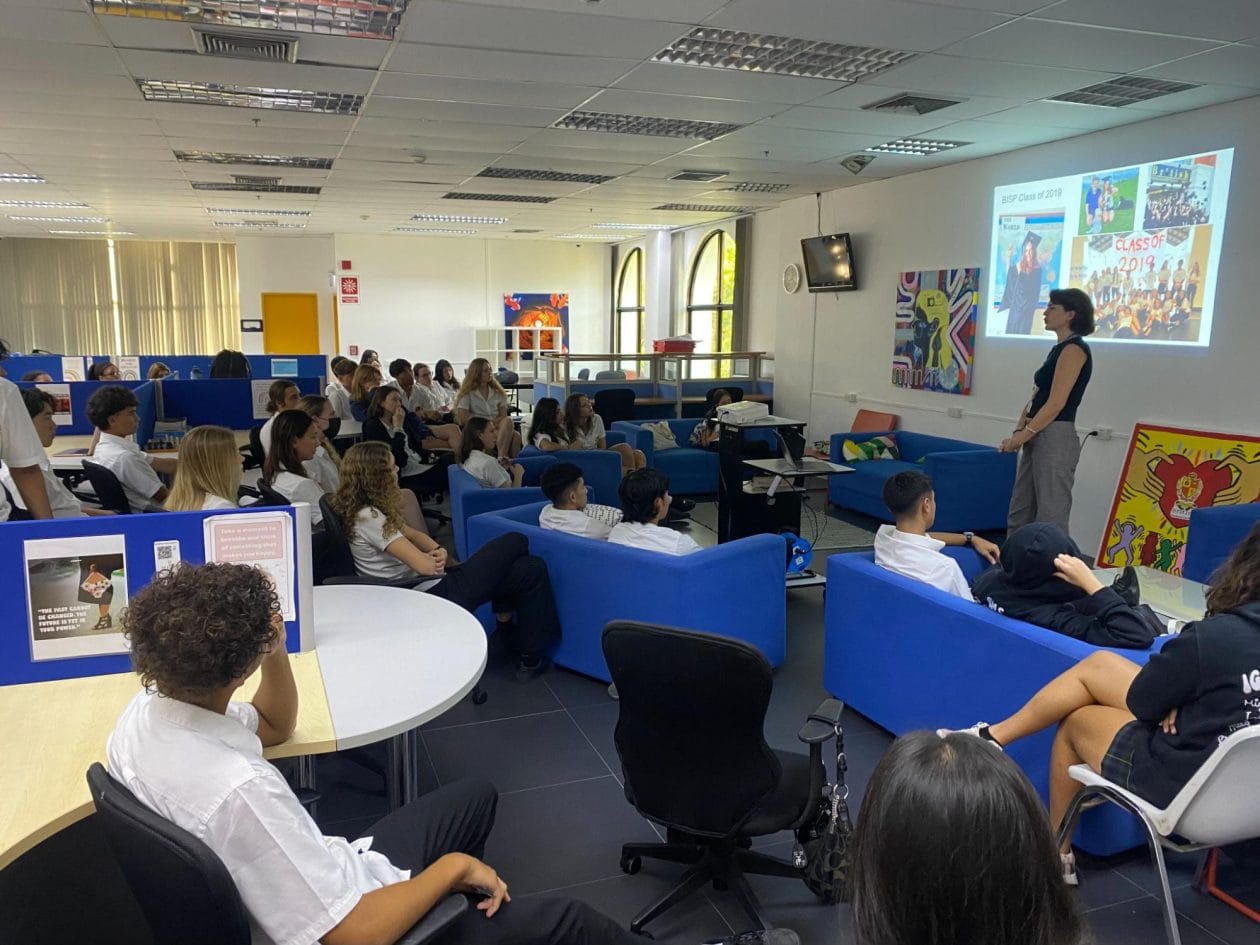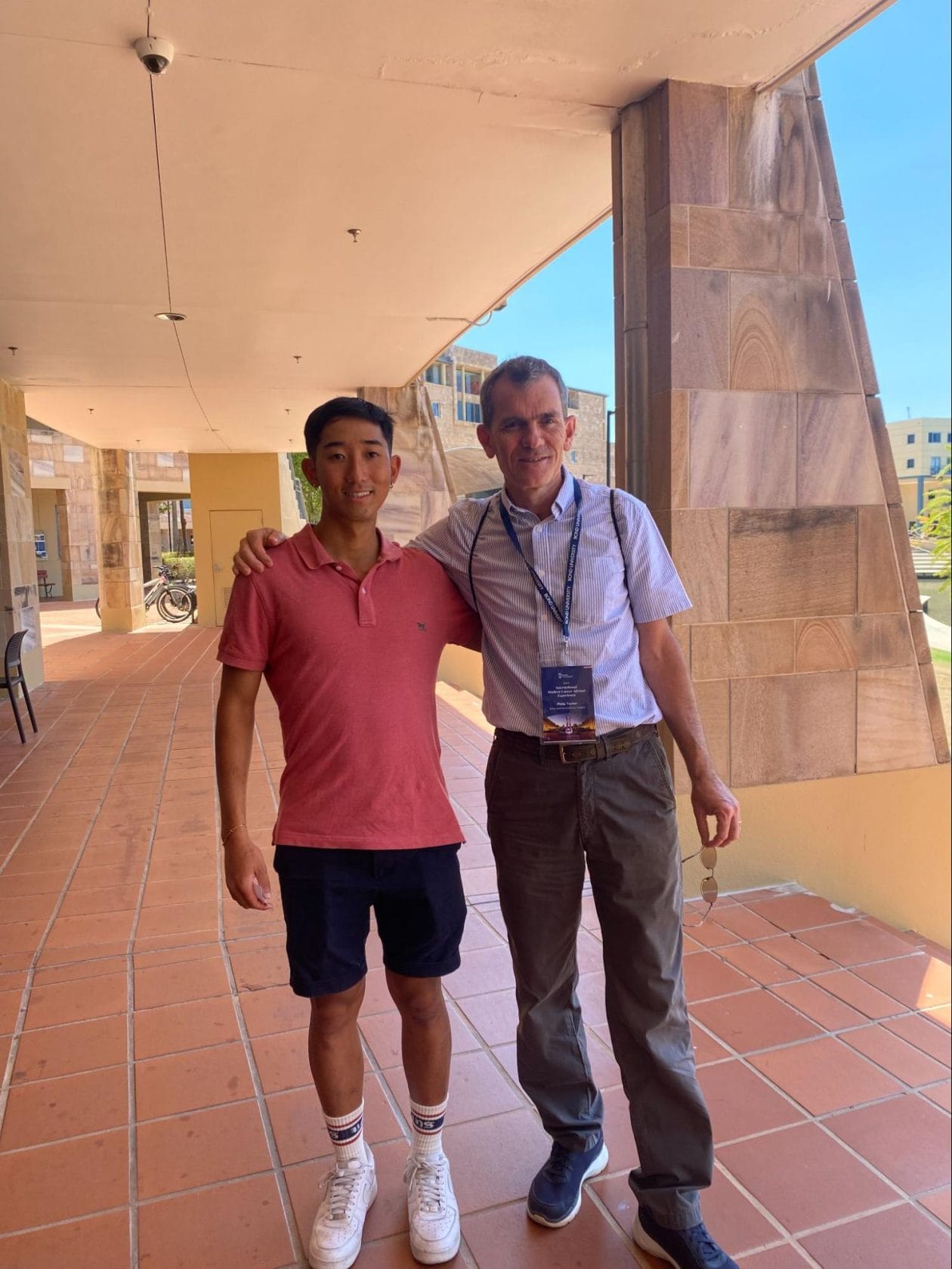University Guidance
Overview
The team in the University and Careers Counsellor offers personalised guidance and support to help students navigate the challenging process of choosing a career path and university. We assist students in setting high expectations for their future and guide them through the early stages of career planning. Our approach is tailored to each student’s needs, providing advice, advocacy, and support to ensure they are prepared for success.
Nearly all students graduating from BISP in Year 13 continue their studies at university, with the most popular destinations being the UK, US, Australia, Netherlands and Thailand. In some cases, students will choose to take a gap year, complete military service or focus on their sports before continuing their education.
BISP’s experienced university counsellors begin working with students in Year 9 as they select their IGCSE courses. From Years 10 to 13, we also place a strong emphasis on developing students’ university or college portfolio. This ensures students have a comprehensive record of their achievements and experiences to present to potential universities and employers. Parents can be reassured that BISP students will receive the necessary support and resources to achieve academic and professional success.
In addition to helping students choose an IGCSE, IB or BTEC programme that best meets their needs, counsellors provide information on standardised testing, extracurricular involvement, athletic recruitment, and how students can maximise their chances of university admission. That relationship builds as students move through secondary school and continues even after graduation.
In conjunction with conversations with university counsellors, extensive use is made of Unifrog, an online platform dedicated to supporting international students with their university applications. Unifrog compiles all available information from universities and colleges worldwide into a single, impartial, user-friendly platform to help students make the best decisions and submit the strongest applications. Unifrog’s website can be found at: https://www.unifrog.org/about
Meet our University and Careers Counsellors
Amy Pothong
Amy is fully Thai and grew up in Baltimore, MD. She completed her Bachelor’s degree at Towson University in Psychology and Family Studies with a focus on services to children. She then earned a Master’s degree in Clinical Counselling from Johns Hopkins University and completed a postgraduate Counselling licence with 3,000 hours in Arizona. As a trained counsellor, Amy has had the opportunity to serve as a comprehensive counsellor at an international school since 2014.
Philip Tucker
Philip Tucker is a university and careers counsellor at BISP. Although British by nationality, he was born and raised in Africa. He earned his first degree and Master’s in the UK, where he also qualified as a teacher. Philip has been working in international schools for over 30 years in various roles. A few years ago, he earned a Certificate in College Counseling from the University of California San Diego and transitioned from his previous role as Head of Humanities to university counselling.

BISP College and Careers Fair/Visits
Our aim is to provide students with all the information they need about their options, so they can make informed decisions about their future. Throughout the year, we host numerous events at BISP, including the Phuket Annual College, Careers, and University Fair, as well as seminar programmes with universities and professors from around the world.
We regularly arrange individual university visits at the school, and share information about many events in Bangkok and nearby areas through Unifrog. The University and Careers Guidance team keeps students and parents updated on all upcoming events and opportunities. We are available to advise students and families in both the Primary and Secondary School.
With the support and help of our parent body, we also arrange Careers Talks and Workshops from time to time, normally aimed at students in Year 11 and 12 to help them learn about the world of work and get ideas about what careers to get into and how to go about it.
University Admission Testing
While BISP’s core programmes, the BTEC and the IB Diploma, are very widely recognised all over the world, students may be required to take additional tests depending on the course and universities they are applying for. The BTEC approach is very practical. Students will develop academic and career-based competencies by applying what they’ve learnt in the classroom to real-life scenarios. Our Year 12 and 13 BTEC programme, which runs alongside our IBDP courses, offers an additional pathway to outstanding career or university destinations.
BISP is a testing centre for SATs, which are required or advantageous when applying to universities in the United States and other countries that recognise these scores. We are also a Cambridge accredited testing centre for UK admission exams such as the STEP or TSA. For more information: https://cambridgeexams.ie/admissions-tests/
Students ‘may’ be required to take English proficiency tests for university admission.
Students requiring a visa for the UK are required to take English Proficiency tests, normally IELTS-UKVI, which in Thailand can be taken in Phuket or Bangkok. More information can be found here: https://ielts.org/test-centres/idp-ielts-thailand-pb-ukvi
The counsellors are familiar with and provide students with personalised advice on what tests are recommended and when they should be taken. These include UCAT, PAT, and LNAT for those wishing to study medicine, physics or law in the UK.
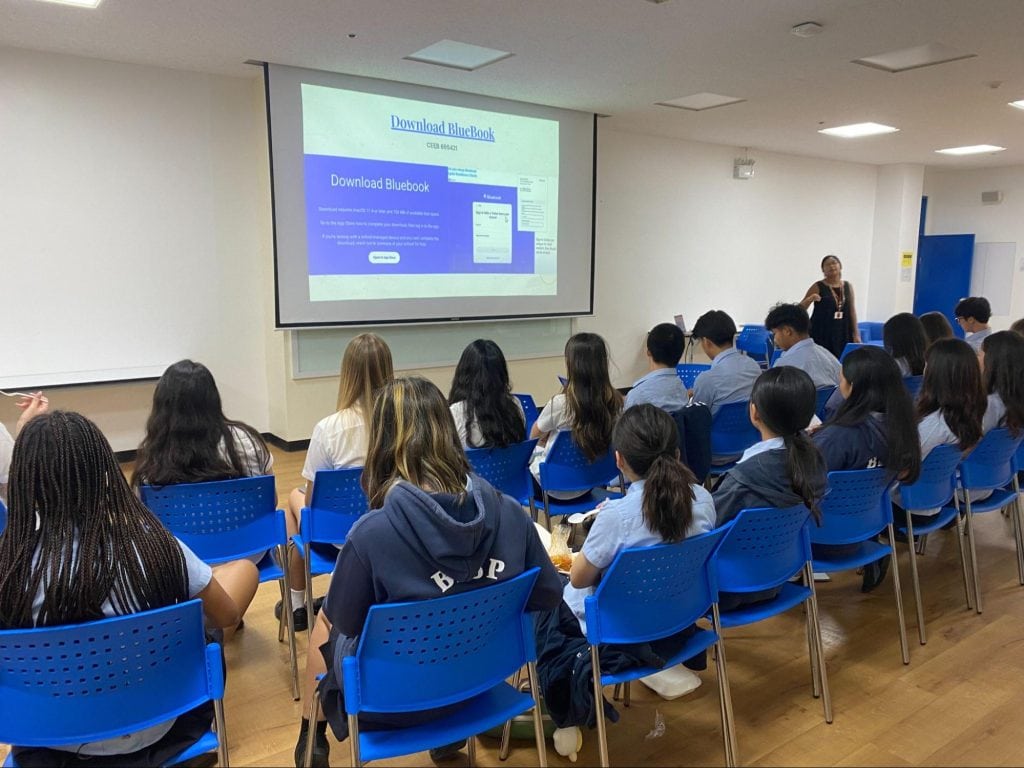
University Destinations
The following lists the colleges and universities members of the Classes of 2017 to 2023 chose to attend.
United Kingdom
Anglia Ruskin University
Arts University Bournemouth
Bath University
Birkbeck University of London
Birmingham City University
Cardiff Metropolitan University
Cardiff University
CASS Business School
Dundee and Angus College
Durham University
King’s College London
Kingston University
Lancaster University
Leeds Beckett University
Leeds University
Liverpool John Moores University
London School of Economics
Loughborough University
Manchester Met University
Manchester University
Newcastle University
Nottingham Trent University
Oxford Brookes University
Queen Mary University of London
Rangsit University
Regent’s University London
St George’s, University of London
Staffordshire University
The University of Edinburgh
The University of Manchester
The University of Nottingham
The University of Sheffield
The University of Warwick
Trinity College Dublin
University College London
University of Aberdeen
University of Bath
University of Brighton
University of Bristol
University of East Anglia
University of Edinburgh
University of Exeter
University of Glasgow
University of Leeds
University of Leicester
University of Liverpool
University of Manchester
University of Oxford
University of Portsmouth
University of St Andrews
University of Stirling
University of Strathclyde
University of Surrey
University of Sussex
University of the Arts London
University of Winchester
University of York
UWE Bristol
Australia
Bond University
Deakin University
Griffith University
Monash University
RMIT University
Royal Institute of Technology Melbourne
Swinburne University of Technology
TAFE NSW Higher Education
University of Adelaide
University of Melbourne
University of South Australia
University of Sydney
University of Technology Sydney
University of Queensland
UNSW
Europe
Amsterdam University of Applied Science
Amsterdam University College
BI Norwegian Business School
Bocconi University
Copenhagen Business School
Ecole Hoteliere de Lausanne
EM Lyon
Erasmus Universiteit Rotterdam
Erasmus University College
EU Business School
Fontys University of Applied Science
Geneva Business School
Hotel School The Hague
Humanitas University
Institute of Political Studies Paris-
’Sciences Po’
Instituto Europeo di Design –
Madrid Campus
Maastricht University
Norwegian University of Science & Technology
Jacobs University
Jonkoping International Business School
Les Roches International School of Hotel Management
Lund University
Medical University of Warsaw
Montpellier Business School
Moscow State Institute of International Relations
Norwegian University of Science & Technology
Polimoda International Institute of Design & Marketing
St George’s University, Grenada
Technical University Delft
Universita Bocconi
Universiteit van Amsterdam
University College Roosevelt
University College SE Norway
University of Amsterdam
University of Groningen
University of Gothenburg
USA & Canada
Augustana University
Broward College
Clark University
Capilano University
Clark University
Columbia College in Vancouver
Connecticut College
Cuesta College
Dodge City Community College
Drew University
Drexel University
Eastern Florida State College
Eastern Oklahoma State College
Florida State University
Fordham University
Georgetown University
Hawaii Pacific University
Hofstra University
Illinois Institute of Technology
Indiana Tech University
Lehigh University
Loyola Marymount University
Marist University
McGill University
Minerva Schools at KGI
Northeastern University
Northern Alberta Institute of Technology
Notre Dame College
Ohio Wesleyan University
Parsons School of Design New York
Pennsylvania State University
Queens University of Charlotte
San Diego Mesa College
Temple University
Tennessee Wesleyan University
Tufts University
Tusculum University
Union College – Barbourville
University of Alabama
University of Alberta
University of British Columbia
University of Calgary
University of California, Los Angeles
University of Colorado at Boulder
University of Florida
University of Illinois at Urbana-Champaign
University of La Verne
University of Louisville
University of Nevada, Las Vegas
University of New Mexico
University of Oregon
University of San Francisco
University of South Florida
University of Southern California
University of the Cumberlands
University of Toronto
Wake Forest University
Xavier University of Louisiana
Young Harris College
Asia
Ateneo de Manila University
Brickfields Asia College
Curtin Singapore
EHL Singapore
ESSEC Business School
Heriot Watt University
Hong Kong University of Science and Technology
Korea University
Nanyang Technological University
National Taiwan University
National University Singapore
Seoul National University
Singapore Institute of Management
Tamkang University
The University of Hong Kong
Tokyo International University
Waseda University
Xiamen University Malaysia
Yonsei University
Thailand
Assumption University
Chulalongkorn University
Kasetsart University
King Mongkut School of Medicine
Mahanakhon University of Technology
Mahidol University
Mahidol University International College
Rangsit University
Rangsit University International College
Silpakorn University International College
Stamford International University
SUIC/Vatel Dual BBA in Hospitality
Thammasat University
Twinning Engineering Programmes
University of the Thai Chamber of Commerce
Webster University Thailand
Other
Moscow State Institute of International Relations
New York University Abu Dhabi
Timeline for Students
Year 9
Year 9 students have the opportunity to meet with the university counsellors to discuss IGCSE decisions for Year 10. While all students take the core IGCSE courses, there are several elective options that students will want to consider. The IGCSE elective options allow students to get an early indication of the kinds of courses they like – or don’t like – and that can help them make better secondary choices later.
Year 10
The student’s focus should be on developing strong study habits. It is important to note that a high school transcript includes the internal BISP grades earned from Year 10 onwards. College counsellors will normally meet with Year 10 students on a couple of occasions to introduce them to the Unifrog platform and to guide them as to how to use available resources to investigate their future educational and career options.
Year 11
In October, the PSAT/NMSQT (Preliminary SAT/National Merit Scholarship Qualifying Test) is offered to all BISP Year 11 and 12 students. Results are shared with students in December. We also offer the PSAT 10 in March/April to provide another opportunity for students to improve their scores. The results for this testing are shared with students in May.
In the middle of the academic year, Year 11 students and parents are invited to meet with the university counsellor in order to discuss Senior School subject choices (BTEC or IB) and the implications these may have on their plans after graduation.
Year 12
Year 12 is a very important year as students begin to consider their college and university options. A large number of university representatives come to BISP from countries all over the world. Students are encouraged to have conversations with them so they can compare and contrast the different options.
The university counsellors run a series of sessions for the Year 12 group under a curriculum title, “Post BISP Planning”, and detailed in their Google Classroom. These sessions cover key aspects such as discovering one’s skill sets and goals, researching opportunities, shortlisting universities, self-advocating, and preparing for university applications.
Individual meetings are held with students to talk about the tasks that will need to be completed over the next year based upon the countries being considered. A prospective university list will start to be developed as well as a Student Led Presentation shared with parents and counsellors before the end of the school year.
During the summer of Year 12, students are highly encouraged to work towards preparing their applications guided by assignments in Google Classroom such as; preparing college essays and personal statements, starting their application platforms like Common App and UCAS as well as finalising student CVs.
Year 13
August to January of Year 13 is a busy time for BISP students, when the majority apply to universities in Europe and North America. In addition to completing any final admission tests, students will be helped as they prepare their applications and any required essays. Students will have a fairly firm list of universities to which they are applying and once predicted IB results are available in late November, students will finalise their list and apply. Depending on the kind of applications ‘some students’ will be doing this earlier (e.g. Oxbridge or ED candidates). Other students will continue to make applications even until June.
The BISP university counsellors are available to help students with any aspect of their university applications. As offers and decisions begin arriving, students will want to discuss their acceptances with their parents and university counsellor in order to select an institution that best suits their academic, personal, financial, professional, and family needs.
Continuing Support
Students who are taking a gap year or applying to Australia, Korea, or another system with a different application cycle are encouraged to continue seeking assistance from the BISP university counsellors after graduation. Sometimes, students who have left find that their university choice does not meet their academic, personal, or professional expectations. The university counsellors are happy to provide assistance to alumni wishing to transfer or needing further support for their university pathways.
